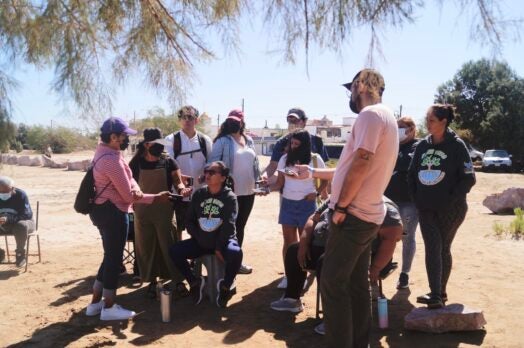
The Mexican organization Causa Natura has launched the Journalism Network of the Sea (Repemar), an initiative that seeks to coordinate journalists interested in marine issues, provide support, guidance, training and financing opportunities. The network also wants to support environmental journalists and minimize the risks suffered when practicing the profession in Mexico.
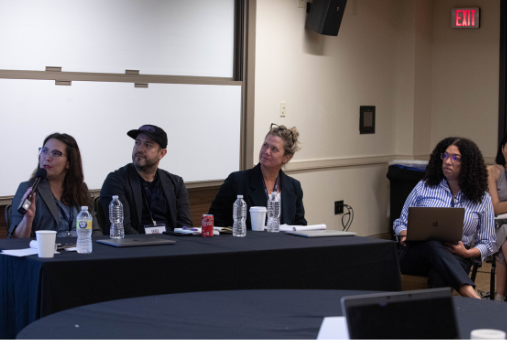
During a workshop offered by the Knight Foundation at ISOJ 2022, LION Publishers, Revenue Lab by Texas Tribune and Newspack spoke about how they are providing new and legacy newsrooms with different types of resources to have a more efficient and fulfilling road to sustainability.
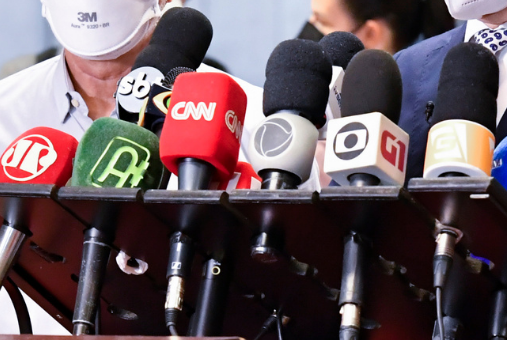
Big tech companies are more united than ever against the Brazilian bill that regulates platforms in order to fight fake news. The bill provides for the remuneration of journalistic organizations, but journalists themselves are divided. Payment by platforms for journalism is a trend, with agreements signed in Australia and France and contemplated in Canada and the United Kingdom.

Media accelerator Velocidad shared lessons learned in 16 months of consulting, follow-up and financial support to ten news outlets in Latin America. During this time, these media organizations saw improvements in their organizational structure, audience loyalty, business model and product vision and culture.

After statements from Peruvian President Pedro Castillo that he will not give state advertising money to media that misrepresent the facts, several press freedom organizations in the country highlighted that state contracting is the responsibility of the State, not the president. State contracting should not turn into political rewards or punishments.
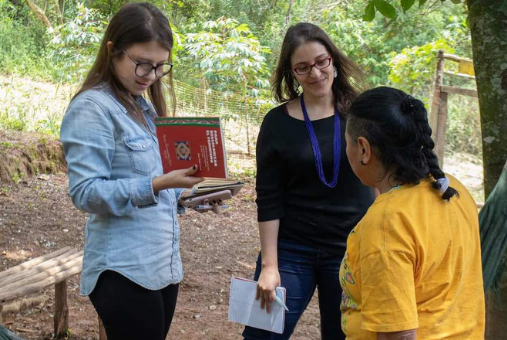
This story was originally published by the Reuter's Institute at the University of Oxford and has been republished here with permission. The pandemic has worsened the economic outlook for many news publishers. At the same time, it has afforded an opportunity to diversify revenue streams by offering service journalism and editorial products more directly connected to readers’ […]

Six media outlets from Brazil, Paraguay, Argentina, Venezuela and Chile will proceed to the second phase of the Velocidad independent media accelerator program.
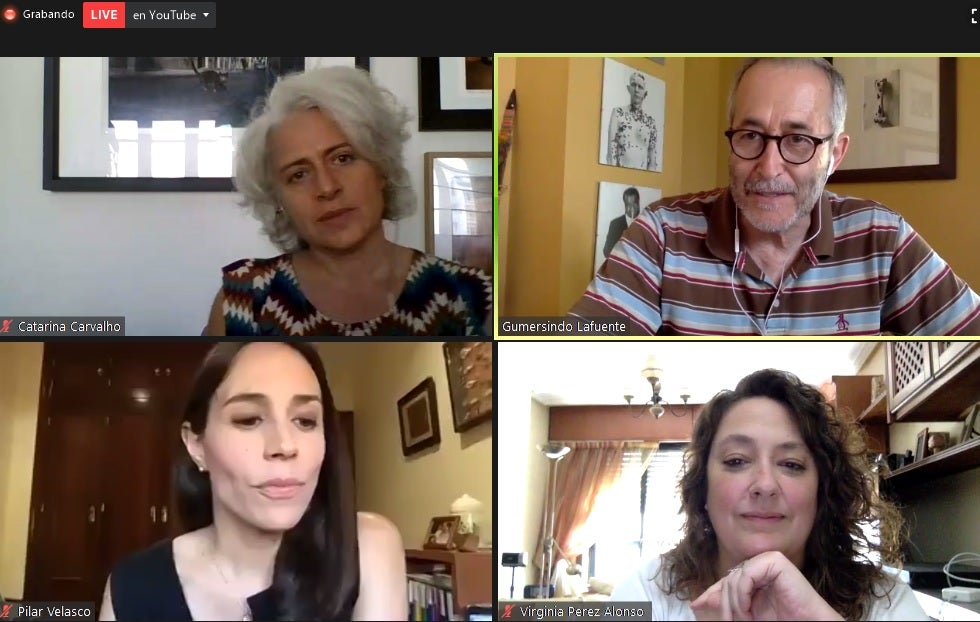
As it did in Latin America, COVID-19 has a strong impact on the media outlets in Portugal and Spain, with a drastic reduction in advertising, and cuts to staff and salary.
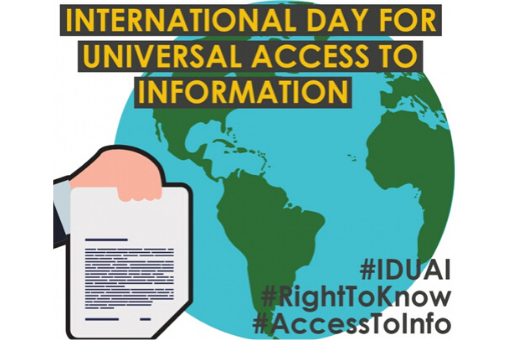
For the third year, Sept. 28 is being celebrated around the world as the International Day for Universal Access to Information.

The intense mining activity that takes place in a vast area of the Venezuelan Amazon inspired a group of journalists interested in social and environmental issues to work collaboratively across borders.
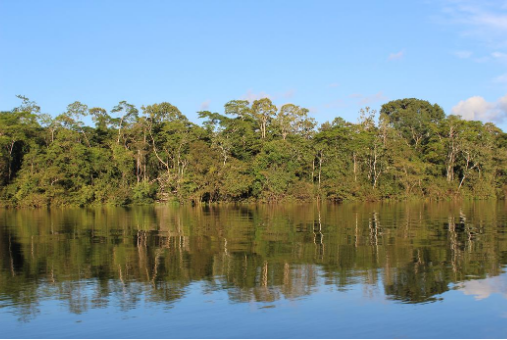
Journalists working in the Amazon now have a new fund at their disposal to help realize coverage of the region thanks in part to the initiative of reporters working in the area.
Ten investigative media platforms from Latin America combined forces to create ALiados, a network to strengthen mutual cooperation and find new ways to sustain independent journalism.